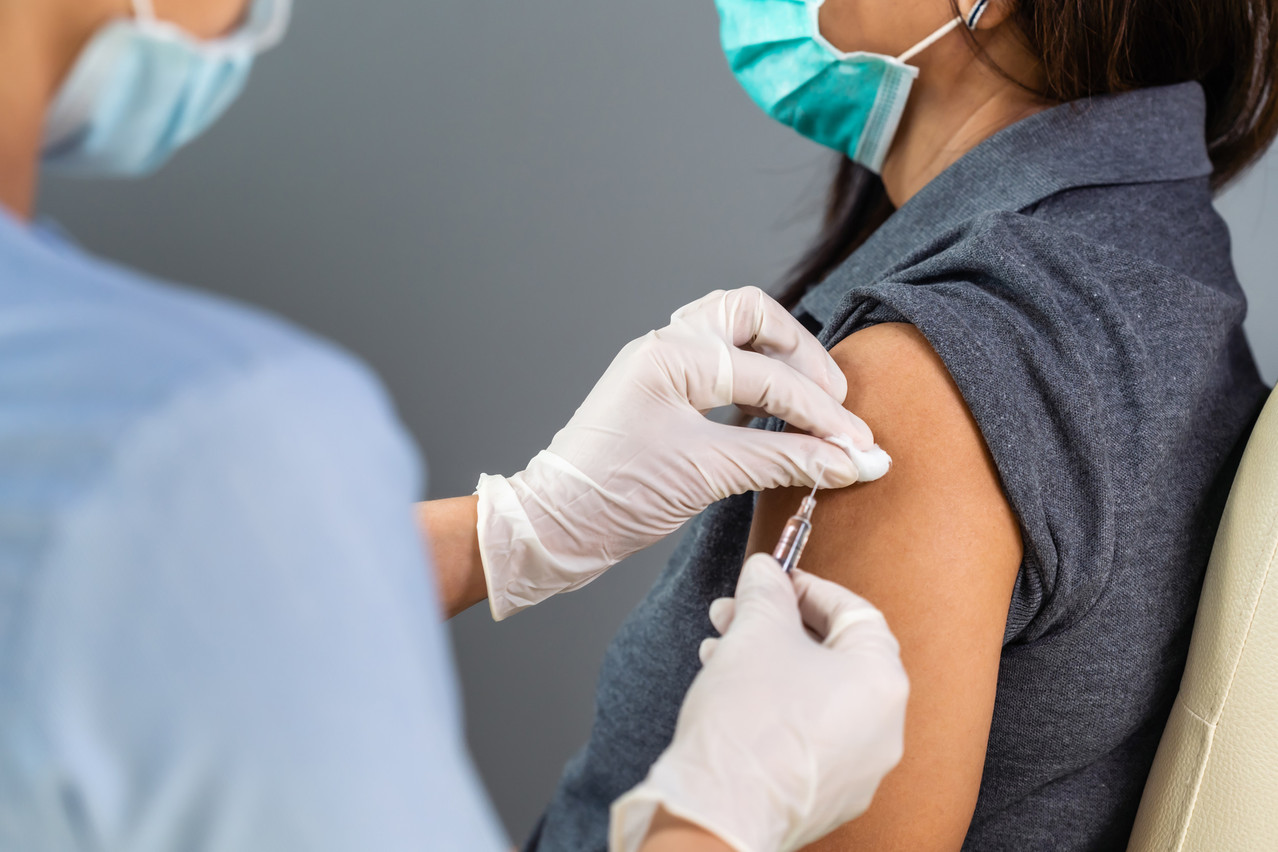During the hour-long discussion, Schmit and Dentzer answered questions on herd immunity, antibodies, children’s health and the necessity of 3rd shots. The two professionals also took time to debunk conspiracy theories that spread across the internet.
Questions regarding children and their vaccination came up often; on the one hand, some do not think vaccination is necessary for a child, on the other hand, some worry their children might get critically ill from catching the disease if not vaccinated. The doctors said that though children are less likely to develop severe symptoms, they are still contagious. Some children might also suffer from long covid.
The risk of suffering complications from the vaccine is much smaller than the risks encountered without vaccination, such as passing the virus on to elderly and other more vulnerable people. At the moment, however, children under the age of twelve are not vaccinated--the frequent tests at school and during extracurricular activities serve to monitor that part of the demographic.
The topic of the 3rd shot--announced recently--also came up, alongside that of immunity. Schmit and Dentzer confirmed that on Wednesday, people over the age of 75, those with a weak immune system due to medication, residents of retirement homes and those undergoing dialysis have been selected for the first wave of booster shot invitations.
While some members of the audience asked if they could volunteer--they can’t so far--others wondered about herd immunity. The antibodies generated by the vaccine or an infection are not an actual stable value applicable to all people, and therefore they are not accepted as a criterion for individual immunity. Schmit said that an 80-85% vaccination rate would be need to consider loosening the restrictions, notably the mandatory mask. Dentzer added that even then, that decision would only be taken after a risk assessment.
Those who chose a single-dose vaccine will likely have to get a t, as it was determined that it would raise the vaccine’s efficacy.
The validity of the EU certificate over time was also questioned, but doctors explained that this is solely an decision for the European Union and not one that can be taken at national level.
Throughout the Q&A, Dentzer and Schmit reminded the audience of the importance of getting vaccinated. Aside from there being less serious health complications following inoculation, the vaccine contributes to mass immunity. They also added that the covid-19 shot and flu shot are compatible and therefore can be administered together during a visit to the vaccine centres, mobile units or a general practitioner.
Another question that was repeatedly asked was that of vaccination deaths and allergic reactions. Again, the doctors say that it is not as it seems. The issue being that any death recorded shortly after the vaccination is recorded as a vaccination-related death. Similarly, any sick leave due to the vaccination--even in the case of a migraine--are recorded as a “serious reaction”. This would explain the 10 vaccine deaths, and the 407 serious reactions recorded in Luxembourg.
Schmit and Dentzer also discussed upcoming types of vaccines, explaining the working of each vaccine, and saying it could take months for them to arrive.
Several vaccine-related conspiracies were also propogated by the audience, and the duo duly took them apart, saying that, no, hospitals do not get a bonus for recording a death as a covid death, and, yes, SARS epidemic strategies were in place because SARS isn’t new. Also, they admitted and that getting the vaccine won’t always stop an infection, but instead softens the blow of the virus on the immune system.
Schmit and Dentzer invited the audience to visit the official on the subject too, as many recurring questions were answered on the platform.
